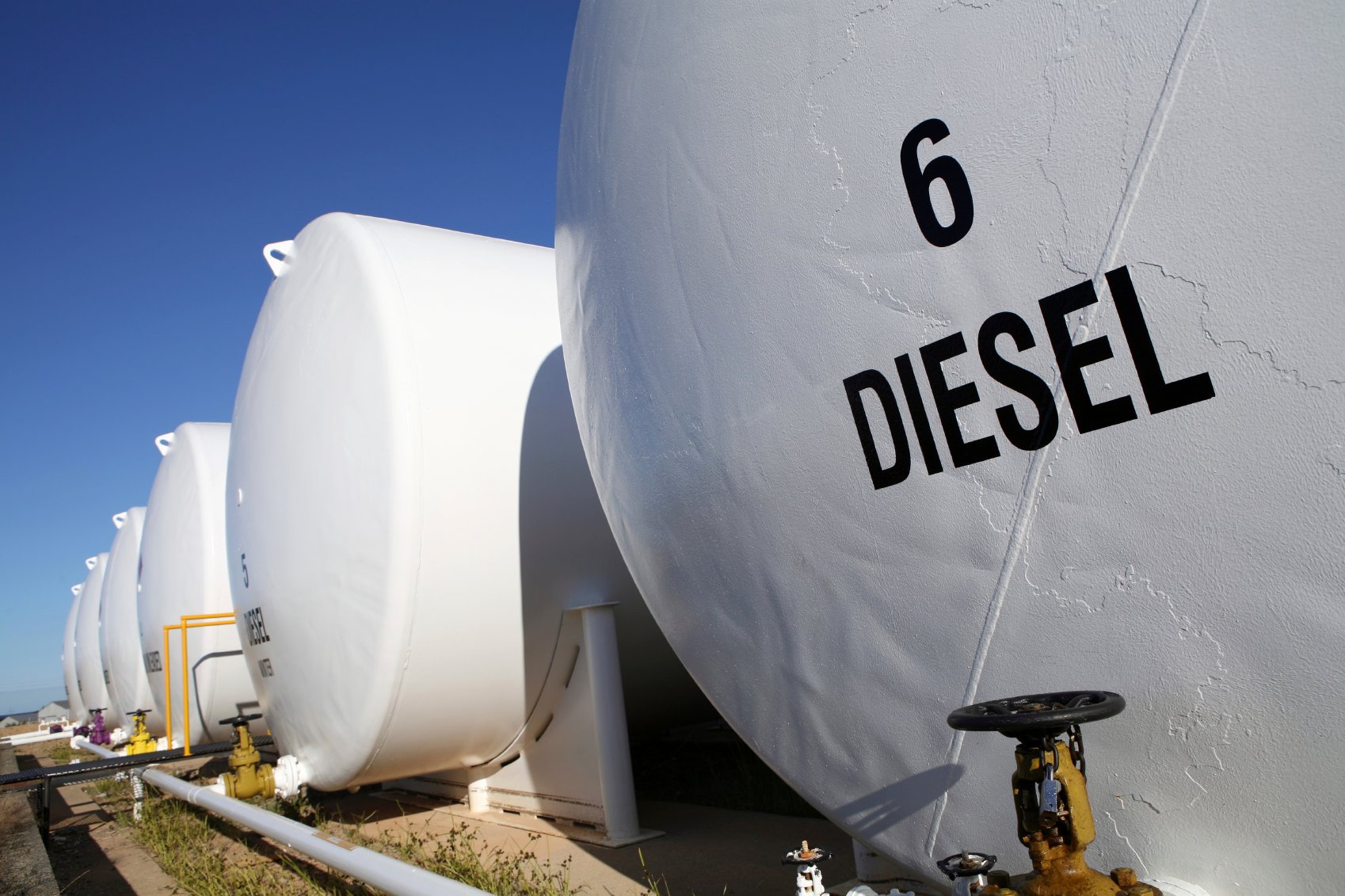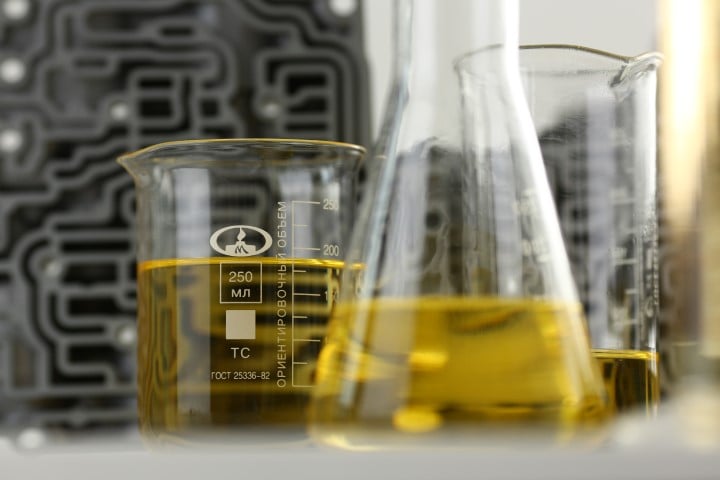Guidelines For Long Term Fuel Storage of Diesel and Storage Tanks
Back when fuel prices went sky high with no sign of coming down long term, fleets and fuel-using entities (like city governments) were forced to...
Though it's not as common as it used to be, sometimes you may be driving and you notice a big diesel truck belching black smoke. Any time you observe black smoke from diesel engines, it’s a sign that the fuel is not being fully burned.
Sometimes this can be due to a mechanical defect in the engine preventing the full burning of the petroleum - preventing "ideal combustion". When things are working the way they should, you'll have the right amount of petroleum dispersed in a gaseous state (this is the primary function of the injectors, to get the fuel dispersed). As the fuel spray mixes with the right amount of oxygen under the right conditions, the fuel burns completely to produce carbon dioxide, water, and a boatload of heat energy. What you won't have.....is black smoke. An engine that is operating correctly won’t have black smoke coming from it.
Yet this black smoke isn't always due just to the engine. The engine relies on the right quality fuel being supplied to it. If the fuel itself isn’t the right quality, it’s not going to burn properly in whatever engine you put it in.
This is the concern of users who store fuel. They commit a sizeable investment for thousands of gallons of diesel, biodiesel, or HFO to use at a later time. If something happens to that fuel in storage, its combustibility quality can change and it can make black smoke when the engine burns it. Black smoke leads to injector and engine deposits, subpar performance, less mileage, and shortened DPF life – all because the fuel degraded in storage.
So what can you do to keep this from happening to your stored fuel?
To keep your fuel from making black smoke after storage, there are a few things to do to protect its integrity in the storage tank.
The biggest reason you get black smoke from stored fuel is because it’s become unstable due to exposure, over time, to oxygen, water, light, and heat. As it’s been sitting in your storage tank, chemical reactions have been breaking down the stable elements of the fuel. Dark fuel is likely undergoing stratification, and the elements making the fuel dark will be the ones causing back smoke when it’s used.
The solution is to treat the fuel with a stability treatment. The most effective stability treatments combine a package of antioxidants, dispersants, and antiperoxidals. The antioxidants and antiperoxidals specifically target and stop the chemical reactions in the fuel that turn one reactive element into a million of them.
The thing about this process is, that these reactions that lead to fuel instability are chain reactions. One starts, which leads to one or two more, which leads to four and ten and 10,000. Yet, the nature of chain reactions mean if you stop that first one, you prevent those later ones - that chain - from ever forming. That’s what you want to do here.
Dispersants are also important in these stability packages because they latch on to any particulates or unstable heavy molecules that may have formed and they keep them separate. If they’re separated in the fuel, they can’t stick together, grow larger, and form sludge.
Microbes are, arguably, the biggest problem in storage tanks. If there’s any water in your fuel storage tank currently, you probably have microbial colonies breeding in there, right now. Microbes are a big factor in black smoke because they make biomass (which causes filter plugging), consume elements of the fuel, and excrete acids which break down fuel quality and make it more likely to burn with black smoke.
Fortunately, microbes are easy to get rid of. But only if you use the right solution. Sure, you have to get rid of water in your storage tank, but that’s not going to kill microbes. For that, you need a biocide. Adding a biocide (like Bellicide) will kill the active microbes and keep them from further destroying the fuel in your storage tank.
When you follow both of these recommendations, make sure you do the following:

Back when fuel prices went sky high with no sign of coming down long term, fleets and fuel-using entities (like city governments) were forced to...

For hospitals and critical use facilities, care and husbandry of emergency stored fuel is a hotter topic than ever before. You can’t treat stored...
Ultra-low sulfur diesel’s tendency to form sludge at faster rates than in the past is forcing the marketplace to adjust in ways not anticipated in...